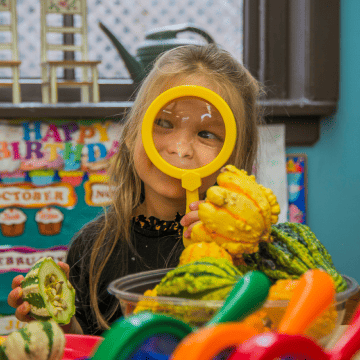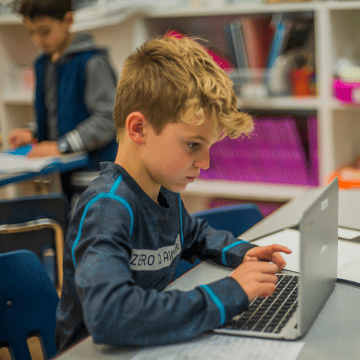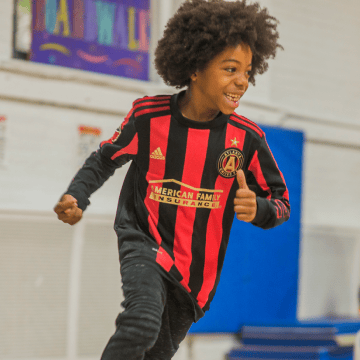Building Skills for Success: The First Six Weeks of School
Can you believe we’re already in the fourth week of school? It feels like just yesterday we were getting ready for the new school year! As we settle into our routines, it’s a great time to talk about something very important that happens in these early weeks: the process of building our classroom communities and developing key skills that will help our children thrive both now and in the future.
Establishing Routines and Agreements
At the start of the year, each classroom works together to create something called “Essential Agreements” (for the primary years) or “School Norms” (for the middle grades). These agreements are special because they’re created with input from the students themselves! They center around three main ideas: respecting ourselves, respecting others, and respecting our learning environment.
This collaborative process helps students feel a sense of ownership and responsibility over their learning space. While each class might come up with their own wording, the message is always the same—being kind and respectful, and taking care of one another.
What Are Approaches to Learning (ATLs)?
One of the ways we help our students uphold these agreements and build a positive classroom community is by teaching them something the IB calls “Approaches to Learning,” or ATLs for short. These skills are like superpowers that don’t belong to any one subject—they’re useful in everything we do, from math and reading to playing on the playground and solving problems at home.
These ATL skills are all about helping our children become resilient, independent, and adaptable learners. They’re divided into different strands, which include things like communication, collaboration, research, thinking, and self-management. As children practice these skills, they learn how to interact with others, manage their time, think critically, and communicate effectively—abilities that are crucial for their future.
Why Are These Skills Important?
Every year, the World Economic Forum releases a report that highlights the top skills employers look for in the future. While the specific skills might change a bit from year to year, they always align with the IB’s Approaches to Learning. This means that the skills our students are learning now—how to think, collaborate, communicate, and stay organized—are exactly what they’ll need to succeed in their future careers, no matter what path they choose.
Bringing ATLs to Life in the Classroom
In these first six weeks of school, students across all grades start practicing these ATL skills in different ways. Here are a few examples:
- In the early years, children might be working on developing active listening skills—learning to make eye contact, wait their turn to speak, and show they’re paying attention.
- In the elementary years, students might develop the research skill of interviewing, asking thoughtful questions, and learning how to gather information from others.
- In the middle grades, the class might focus on organizational skills, like remembering to bring different materials to different classes or managing their homework.
It’s easy to assume that these are skills that come naturally, but just like reading or learning math, they need to be taught, modeled, and practiced. By being intentional about teaching these skills, we’re helping our children become more confident, reflective, and capable individuals who are ready to take on the world.
How You Can Support ATLs at Home
You can help reinforce these important skills at home, too! Encourage your child to talk about their day, listen actively when they’re speaking, and help them stay organized with their schoolwork. Celebrate their efforts to be respectful and kind, and remind them that every little step they take is helping them grow into amazing individuals.
Here’s to building a strong foundation for a successful school year! If you have any questions or want to learn more about how we’re developing these skills, feel free to reach out. We’re all in this together, and it’s going to be a fantastic year!
By Libby Vino,
All Saints IB Programme Coordinator for PYP and MYP
Please reach out to Libby with any questions you might have about the IB Programme or a specific topic you’d like to learn more about: lvino@allsaintsdayschool.org.




